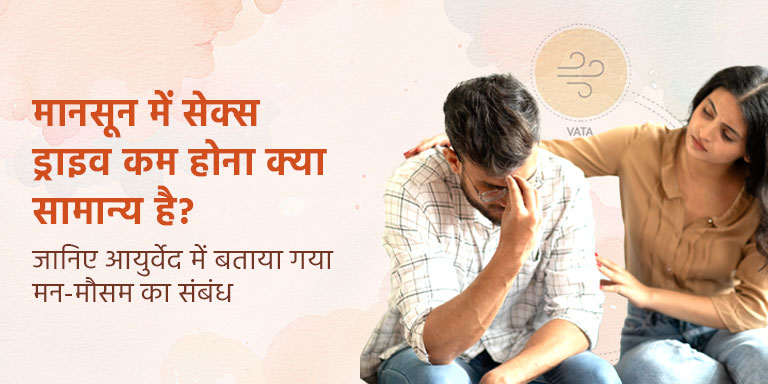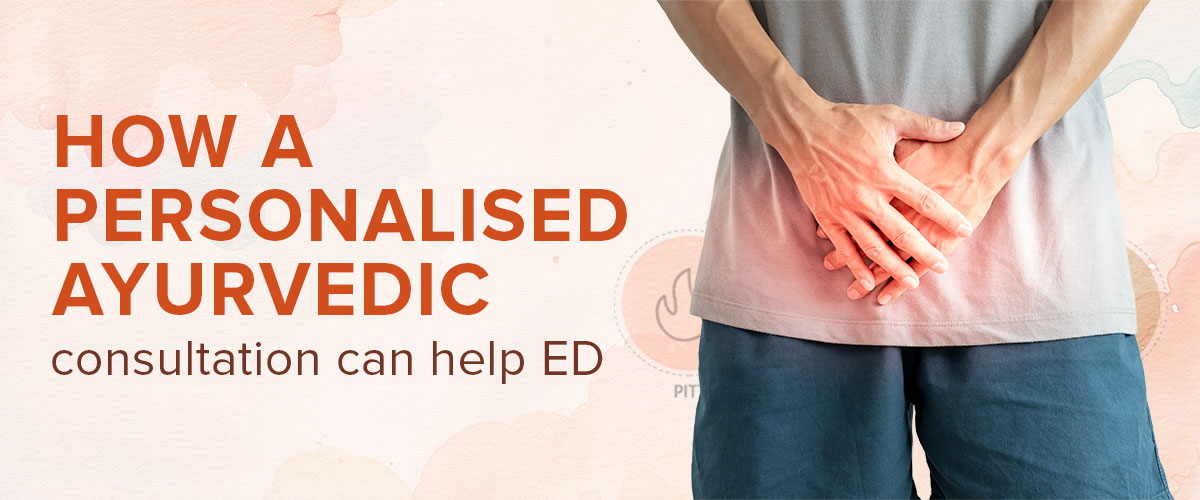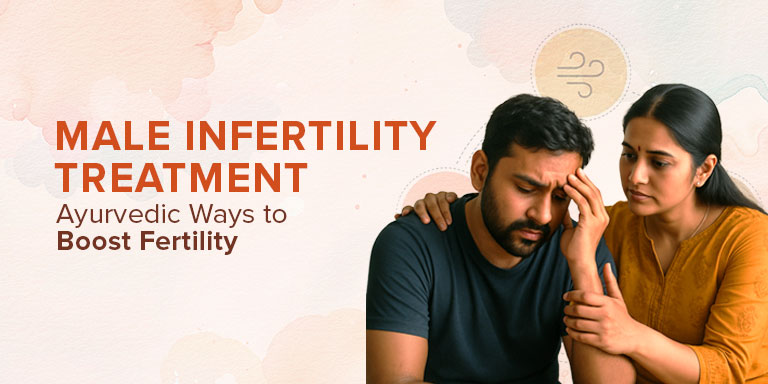How is AIDS spread?
AIDS is caused by the human immunodeficiency virus (HIV) that attacks the cells of the immune system, primarily the white blood cells (WBC). With its defence systems down, the body is unable to fight off infections. People can contract HIV virus in different ways. Having unprotected sex is the leading cause of AIDS, but infected needles and blood transfusion from an HIV infected person also contribute to the spread of this disease. AIDS can also be transmitted from a mother to her child during pregnancy or via breastfeeding.
Difference between HIVA and AIDS
Being HIV positive does not mean you have AIDS, only that your body is host to the human immunodeficiency virus. It can take anywhere between a few months to 10 years (or more) for the immune system to be impacted and that’s why, many a times, people may not even realise that they’re HIV positive. It is only when the virus starts attacking the immune system and the various symptoms start to manifest that a person is said to have AIDS.
Symptoms of AIDS
-
Persistent fever
-
Stress and fatigue
-
Pull in the muscles
-
Pain and swelling in the joint
-
Headache
-
Weight loss
-
Rashes
-
Cold and cough
The Ayurvedic Perspective
‘Oj’ or ‘Ojas’ is the natural defence mechanism of the body. It is responsible for building strength and gives you the energy to carry out all day-to-day activities. Just like the nectar collected from flowers is distilled to form pure honey, similarly, oj is derived from essence of all seven dhatus of the body.
Although Ayurveda doesn’t specifically mention a disease called AIDS, practitioners believe that the dissipation of oj leads to this condition. In Charak Samhita, an ancient Ayurvedic manuscript, intemperance of oj impacts the working of the organs of the body, leading to weakness. In extreme cases, disruption of oj can even lead to death.
Keep Yourself Safe
-
Be faithful to your partner. If you do have multiple sexual partners, always use a condom.
-
Always insist on using a fresh syringe when getting an injection.
-
If you’re in the habit of sharing razors with friends, use new blades while shaving.
-
During a blood transfusion, make sure the blood is free of any infection.



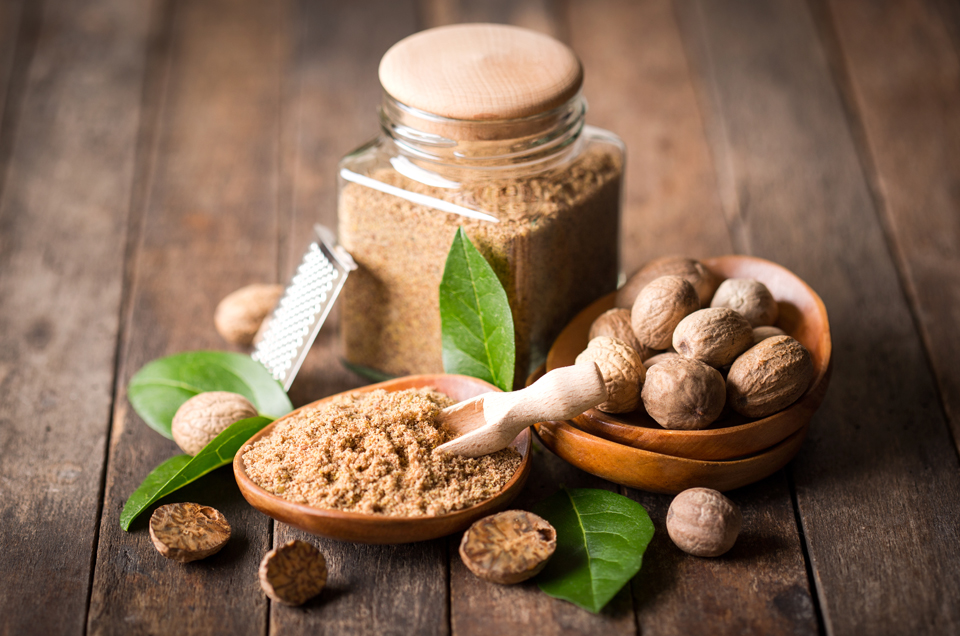

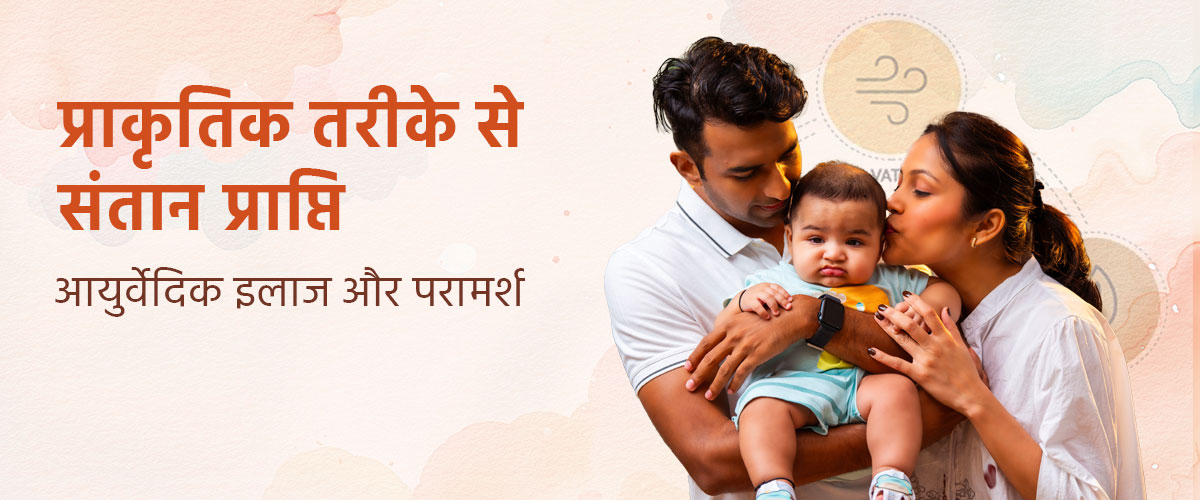
-का-आयुर्वेदिक-इलाज.jpg)
